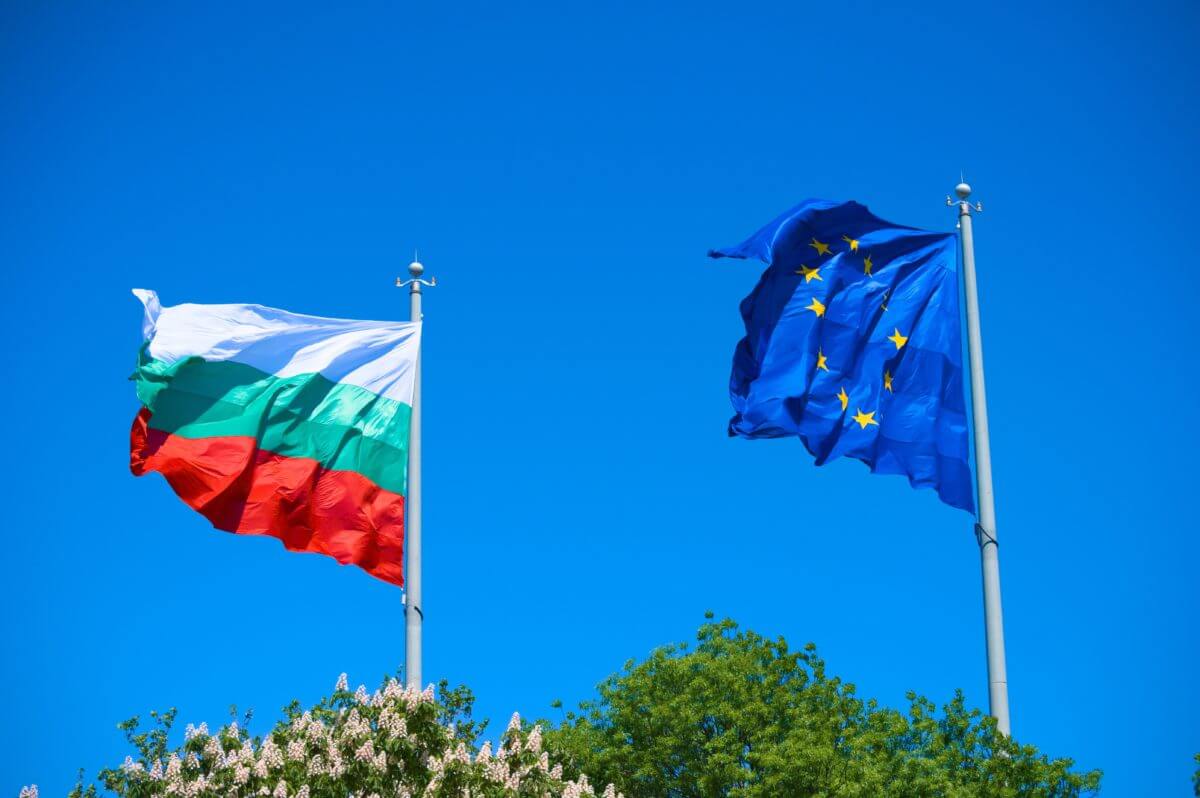
Bulgaria’s GDP: What’s Happening?
No western EU member state has ever managed to quadruple its GDP in less than a decade. However Bulgaria’s GDP has interesting outcome. An economic miracle occurs when the average wage increases by 2.5 times in just 13 years. Let’s compare ourselves to some of the greatest in the EU if that isn’t enough. The average UK resident saw a 29% wage gain over that time. The average German had an 11% increase. And finally the average French person saw a 9% increase.
The average Frenchman, on the other hand, would have to put down the unconscionable sum of 280 average salaries to purchase the same-sized apartment in Paris (8000 EUR per sq.m.) in 2019. In 2019 the average Bulgarian would need to invest 120 monthly salaries to purchase an average 70 square meter apartment in Sofia (1000 EUR per sq.m.).
Those figures are the outcome of the booming Bulgarian economy, not a state-sponsored statistic. While most other businesses are catching up, the tourism, automobile, outsourcing, and IT sectors are leading the way. Only Estonia has a lower debt-to-gdp ratio than we do (23.1%), and we want to surpass Luxembourg’s 21.7 percent in 2019. For eleven years running, Bulgaria has maintained the lowest corporate tax rate (10%). Since the past 20 years, the Bulgarian leva has been tied to the euro, creating dependability that continues to draw in investors. 2019’s only constraint on investors is a lack of labor.
Huge economic benefits flowed from Bulgaria’s EU membership, including increased growth and wages, improved economic competitiveness, new business opportunities, cross-border labor and educational mobility, low-cost flights, significantly reduced phone bills, absence of roaming fees, improved ecology, and increased food safety.
Bulgaria offers a 4.13% yield on 77 million euro bonds
Cities and highways in Bulgaria significantly improved as a result of EU funding. More attractive than ever is Bulgaria. There are brand-new structures and gleaming facades everywhere, and Sofia’s Metro is opulent yet still reasonably priced. As a result, the population continues to support EU membership strongly.
Bulgarian capital Sofia – The auction of five-and-a-half-year fixed-rate Treasury bonds brought in 149.95 million levs ($73.9 million). The amount was less than the 200 million levs the country had hoped to raise.
In the auction held on Monday, the government bonds were put at a weighted average annual yield of 4.13%, according to a statement from the Bulgarian National Bank (BNB). The new T-bond issue has a 3.20% yearly yield and matures on March 28, 2028. The ten-and-a-half year T-bond offering that Bulgaria reopened last week. It raised 200 million levs and had an average weighted annual yield of 3.01%.
According to a second statement from the finance ministry, banks purchased 81.3% of the new government debt, followed by pension funds with 9.3%, insurance firms with 6.7%, guarantee funds with 2.0%, and investment intermediaries with 0.7%.
Additionally, last week, Bulgaria issued a 2.25 billion euro dual-tranche Eurobond. Bulgaria will attempt to raise 2.05 billion levs through T-bond issuances on the domestic market until the end of 2022, the finance ministry revealed earlier this month.




